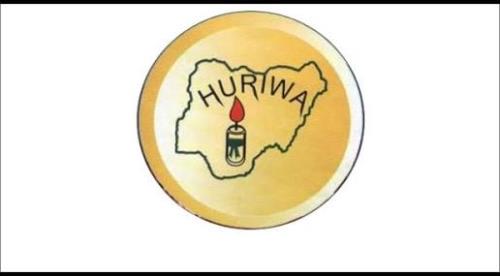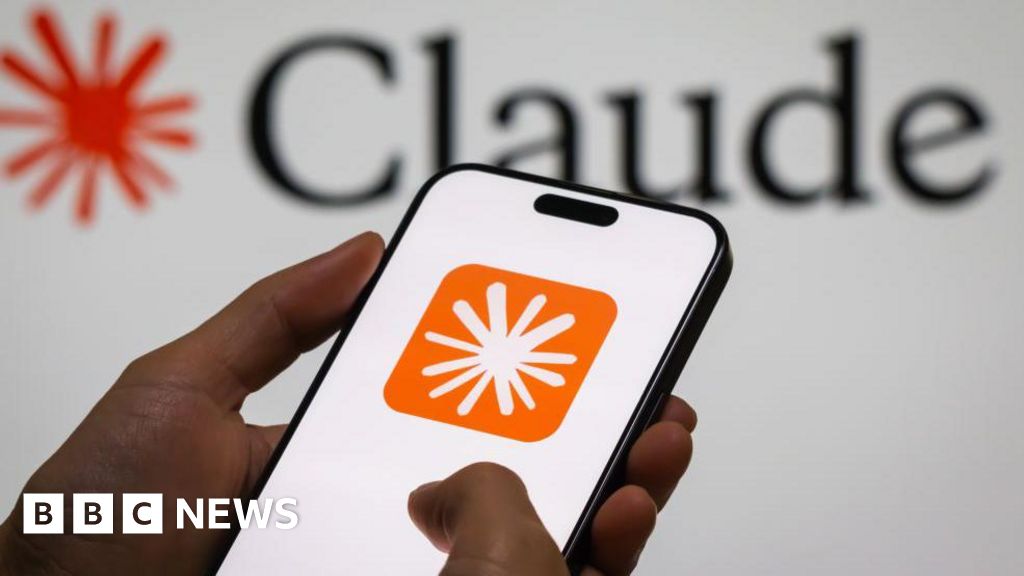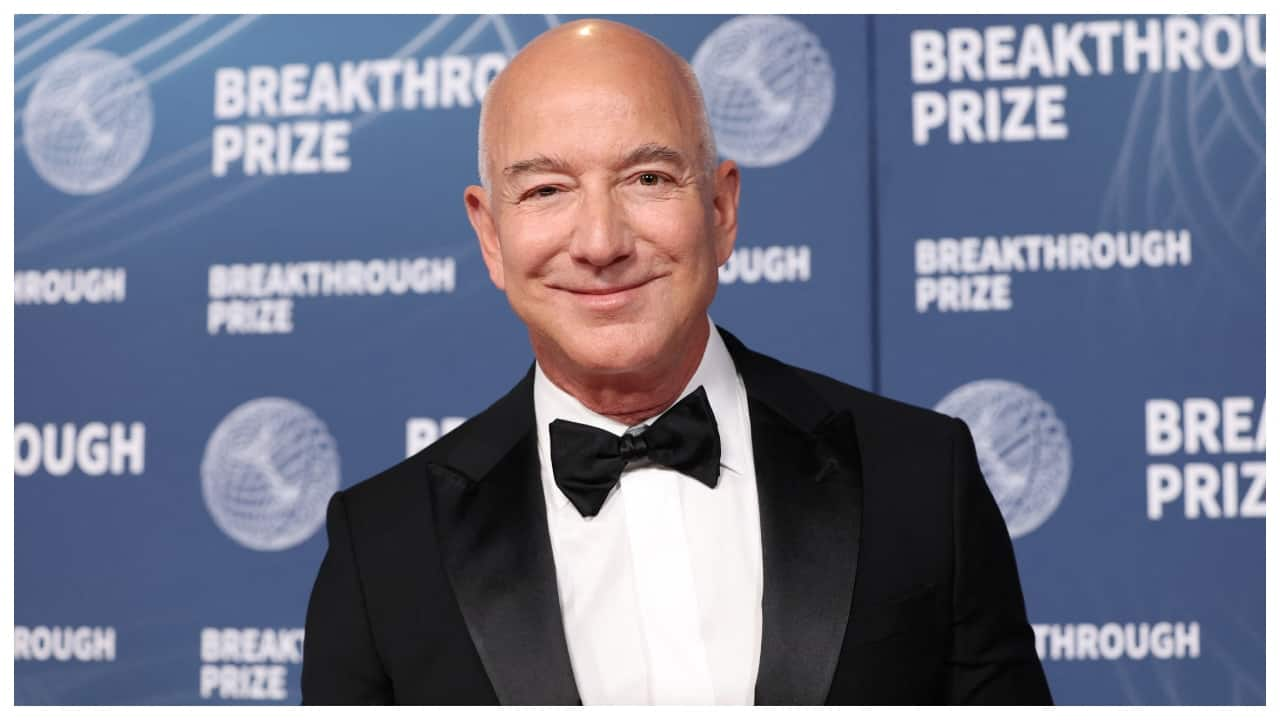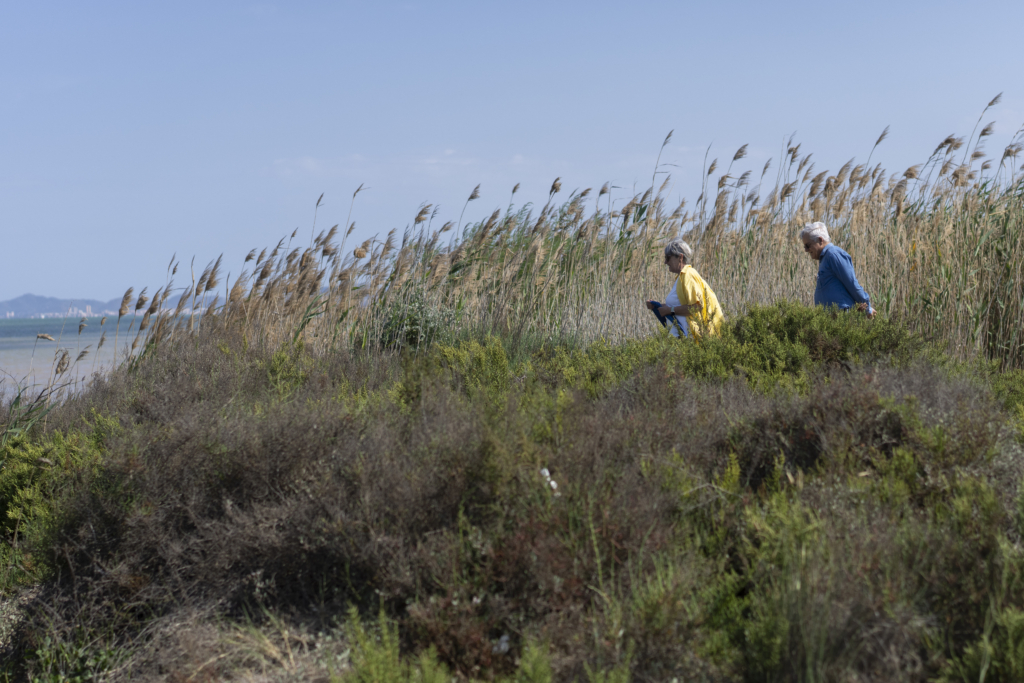Harnessing data for social impact-What can we learn from big tech?
In our hyper-digital world, data has been called “the new oil”. But unlike oil, data doesn’t burn out; it compounds. Tech giants like Amazon, Google, and Meta have perfected this playbook: amassing colossal datasets, deriving razor-sharp insights, and using those insights to optimise, personalise, and scale. The result? World-shaping platforms, seamless user experiences, and astronomical profits.
But what if we flipped the script?
What if we applied Big Tech’s data playbook not just to sell ads or smartwatches, but to fight hunger, improve healthcare, build inclusive education systems, and bridge the digital divide?
If Spotify can predict your next favourite artist, why can’t our school systems predict when a student is at risk of dropping out? If fintech apps can assess creditworthiness in seconds, why can’t governments use the same logic to deliver subsidies to the right people at the right time?
The algorithms powering our playlists and shopping carts can be retooled to power more equitable, responsive, and human-centred systems. And in some places, that shift is already underway:
In Kenya, platforms like Tulaa use data to connect smallholder farmers to buyers and credit, optimising value chains.
In Nigeria, LifeBank leverages real-time geolocation data to deliver critical medical supplies (faster than ever before).
In India, Aadhaar has become one of the world’s most ambitious digital ID programmes, streamlining access to public benefits for over a billion people.
These aren’t trillion-dollar companies. They’re agile, impact-driven ventures using data to transform lives.
To their credit, Big Tech cracked the code on three core capabilities: precision, personalisation, and scale. They’ve changed how we shop, work, and learn—and even how we think. But they’ve also raised red flags: data privacy violations, algorithmic bias, and opaque practices. Their failures remind us that when data is wielded without responsibility, it can alienate, discriminate, and destabilise.
The key lesson? Data without integrity breeds distrust. For those of us working on social impact, this is non-negotiable. Ethics, inclusion, and accountability must be designed in—not bolted on.
What we need now is data stewardship.
Africa, with its youthful, mobile-first population, has the chance to do things differently. We are not encumbered by legacy systems. We can build data ecosystems that are consent-driven, community-rooted, and culturally relevant.
And that’s where platforms like Mannyville come in. Beyond storytelling and thought leadership, we are cultivating a new generation of tech talent that sees data not just as numbers but as narratives. Through Single Click Academy (SCA), young people are learning to use data tools with purpose, turning raw information into insights that serve the public good.
We tell our students: data isn’t just for dashboards; it’s for dignity.
The most powerful data doesn’t always sit in spreadsheets. It lives in stories: the unemployed graduate trying to build a tech career from a village cyber café; the woman entrepreneur tracking inventory with a feature phone; and the grassroots leader using WhatsApp to mobilise for local reform.
Used wisely, data doesn’t just reflect our present reality; it maps out what’s possible. It can uncover what’s broken, but also where to begin healing.
But only if we approach it with curiosity, context, and care.
Yes, let’s learn from Big Tech. Let’s understand their models and adapt their tools. But let’s also lead from a bigger heart. Let’s build systems that don’t just anticipate clicks but understand complexity.
Because the most powerful algorithm we’ll ever deploy is empathy.
And when we pair that with insight and integrity, we won’t just crunch data. We’ll change lives.
Emmanuel Okwudili Asika is a seasoned business leader, digital equity advocate, and industry strategist with over two decades of experience in ICT and IT, spanning executive roles at Globacom Ltd. and HP Inc. Asika has a BA in English (Lagos State University) and an MBA from Warwick Business School, with a Harvard Business School executive stint in ‘Building Businesses in Emerging Markets.’













